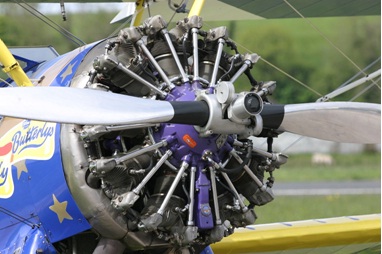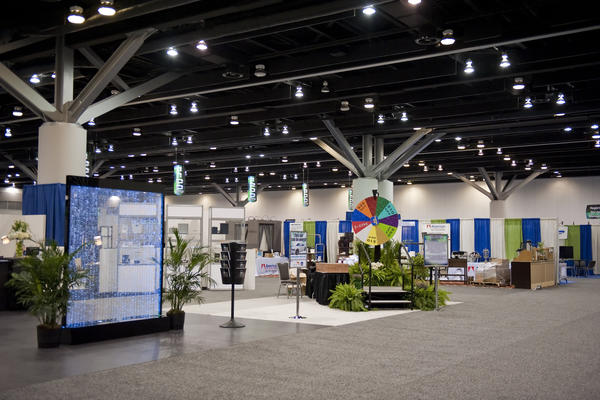Consolidate Multiple Expenses Simultaneously
There are a variety of costs associated with any purchase. Sometimes there are expenses that buyers miss. Consider obsolescence, expiration, maintenance, delivery, installation, and the opportunity costs lost as various options are explored. It takes time to order the right parts; this requires manpower, and that also represents an expense.
When you’re buying or selling large quantities of a part or component, you want to find an agency producing something qualitative. If the component wears out quickly, or is inferior to other similar components available on the market, competitive edge is lost. Consider aircraft, as an example.
Whether you operate a fleet of jets or a clutch of crop-dusters, the engines are going to require regular maintenance. Now you may think that buying vetted, if cheap, parts could save your business some money; but those parts are statistically likely to wear out more quickly, you’ll have to buy them again. Better to pay half again as much, and have it twice as long.

A Kind of Investment
This will ultimately represent an investment, as you will end up getting more for your money collaterally. The difficulty is finding such a superior part. There’s a high opportunity cost in subpar solutions, as maintaining infrastructure adds to component expense. You want to purchase from a known provider that is known by other businesses to do good work.
Additionally, as you approach a business-to-business transaction, you may find yourself subject to agreements that are more lucrative than more traditional, less expensive consumer purchases.
One part known for its exceptional manufacture and effectiveness comes from aviation technology developer Superior. According to AeroInStock.com, Superior Millennium Cylinders are in high demand and well known, with “…well over 100,000 currently in service around the world and millions of flight hours behind them.” These are designed for Lycoming Engines.
Employing such a part in your operations represents a cost-effective application of superior (pun-intended) technology in aircraft components. There are numbers establishing the part’s trustworthiness, and the business itself seems interested in providing business-to-business support.
An additional consideration involves the aircraft themselves. There are certain areas of operation where you may not necessarily need to go top-tier on everything. Say you’ve got an incentive box on a telephone sales floor full of sunglasses awarded when an agent secures a small sale. Perhaps don’t go top-dollar on the shades?
Of Shades And Aircraft Parts
This is actually fodder for a great analogy. A pair of expensive sunglasses can be as much as $27k Here’s the thing, even if those glasses work great, they’re probably not going to last you longer than a year, two at the outside.
But even if they lasted you 27 years, you could still buy a stylish pair of one dollar sunglasses daily for the same period of time, and be out with no less money. The difference is, there’s greater necessity for maintenance and security in order to protect your investment with the more expensive sunglasses.
Perhaps that’s what will happen, and they’ll last you 27 years. Do you think that’s very likely? Meanwhile, buy the cheapest and do with them what you will. Grab a hundred, they’ll probably last you your whole life. Additionally, they’re every bit as effective as the expensive ones. So if buying in bulk, does it really make sense to go with the pricier shades?
Well, it could—if you’ve got an image you’re trying to convey to some client who has an eye for opulence. But outside specific situations, you’re probably losing on that investment. So there’s a point at which you can overpay.
To properly consolidate bulk-purchasing in a cost-effective way, you’ve got to determine whether purchases are of the integral aircraft variety, or the cheap sunglasses variety.




